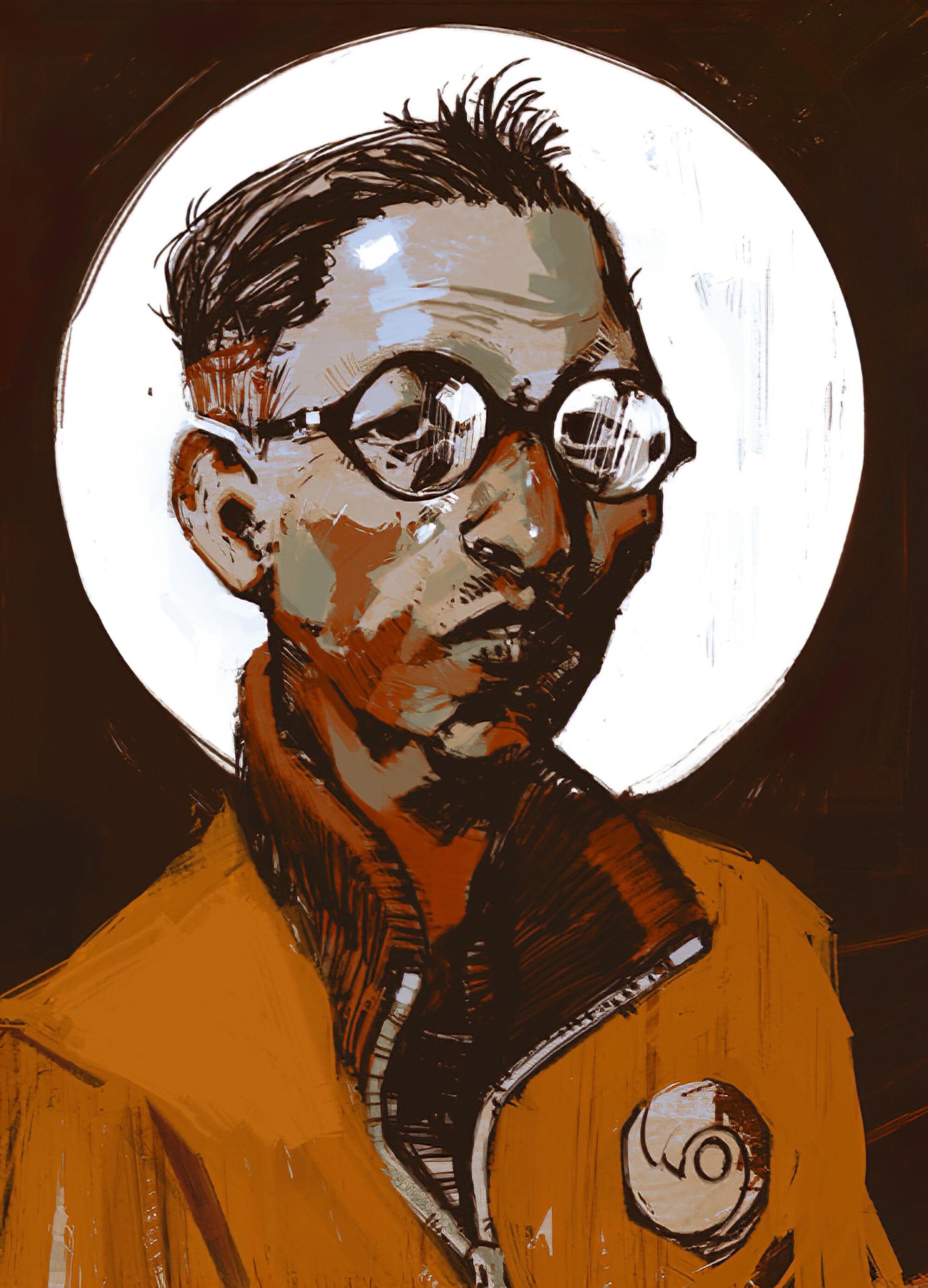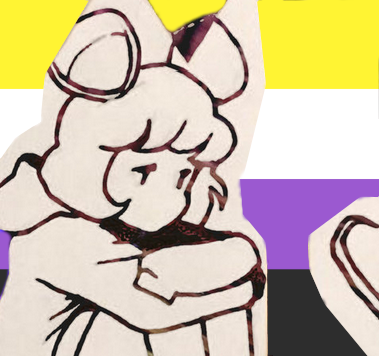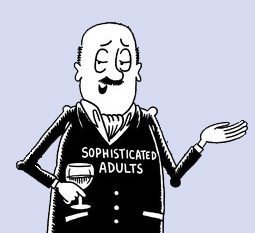Sometimes, it depends. In a professional setting I might do more eye contact than when I'm hanging out with a friend smoking a j and talking while we lean over a railing somewhere.
as @context@hexbear.net said showing active listening is IMO more important than where you look at someone while you talk, but again the importance of eye contact is contextual.
if you want to practice eye contact, try looking in only one of their eyes vs some random space on the face (ie: between the eyes, or the nose or mouth)
Eye contact is a fucking lost cause. Best I can do is lookin' at your shoulder, maybe your hands or somethin'.
Reading the replies in this thread is like hearing someone describe an overly complex speedrun strat that relies on an obscure time-sensitive glitch in the game. I could learn C++ or something easier than normative eye contact.
sometimes but it depends on the situation and some is good but too much can make people uncomfortable
i think the main thing is people are going to be aware of signs that you're engaged with what they're saying, that you're actively listening. that can include things like nodding your head, saying mmhmm or the like, sometimes eye contact or looking at them, but most people will be perfectly fine if you're not looking at them most of the time you're talking to them as long as you're "checking in" every so often to indicate that they have your attention.
I'm doing sales training and reading books on the topic and they converge to consensus to agree about verbal bridges "hmmm, yes, sure, absolutely, fair enough." I don't even want to shit on it because the emphasis always seems to be on increasing your capacity to listen to others, help them feel understood, and be curious about them whether it's because they have a problem you can solve or, as I've felt in my life, because they want to talk about themselves. If more people stopped waiting for their turn to talk and started asking people to dig into what they just said, the world would be a better place, so fair play as far as I'm concerned.
The orthodox methods seems as if the primary purpose of eye contact is more clear communication. Basically, less than half of communication is the words you use. It's the difference between "press the communism button" like Joe Biden can do at any moment because he has one on his desk. And "PRESS THE COMMUNISM BUTTON" because the building is collapsing around you and the Dark Brandon Bots are breaking through the firey rubble so it's our only chance.
To that end, your tonality and body language combine to make the majority of what people take away from you. I've had it asserted that your facial expressions are the steering wheel to your tonality, so if you want use tones like curious, skeptical, and challenging or another suite like in control, happy, and late night DJ, then you'll be contorting your face. THEREFORE eye contact is often important to pick up on cues as to what message someone is sending. Essentially, the answer to whether they're asking you to press the communism button on your desk or the Dark Brandon Bots are breaking through the rubble is written on their face. So if you get the memo, you don't have to keep looking for it in their eyes, you can stop staring. If you don't find any expression on their face, it might be a cue to get them to elaborate on how they're feeling/what they're thinking.
If you're both on the pier looking at the sunset, surely you don't ignore the sunset to stare at their side profile, maybe just look over at a point of emphasis. So it's all relative and it depends. Sometimes portraying you have a flat affect and only the words need to be the focus is the message. Other times you can use a curious tone to pry at why someone close to you is upset.
I hope this helps to make eye contact seem less arbitrary and simply societal expectation.
yeah the others said it well but i want to really emphasize that you only look a little bit sometimes to show that you aren't distracted by something else. if you look someone in the eye constantly it can be seen as creepy. if you don't look at all it can be seen as lack of interest.
Yes. Also eye contact, specifically meaning look at their eyes every few seconds or so but mostly just look in their direction. Focusing on a spot just in front of their nose is a good thing to remember.
gotcha. i feel like i am too intensely focusing on someone when i look in their eyes lol
It helps to at least be looking in their general direction, yeah.
You don't need to be looking at them closely enough to see how wide their pupils are, but you at least want a gaze that's within 15 degrees of their eyes or so.
People expect it as 'etiquette' in most of the western world. I try to avoid it because people instinctively act like I caught their soul exposed naked in the shower when I do. It's really strange.
So I'll contact ever so briefly to let rhem know I see them and continue looking kind of at them.
When I was a child, like 4 years old or so, when I wanted to get my mom's attention to tell her something, I would say, "Mom, Mom, Mom". I could see that she was looking straight at me, but I would keep calling her until she verbally said "What?" To me. Like, almost as though I didn't believe that I really had her attention until she would verbally reply. I think eye contact is essentially the adult neurotypical analogue to that. Without eye contact (mostly when you're being spoken to), peeps struggle to believe that you're tuned in
i've decided this year that i'm gonna try staring more, just to see what happens











